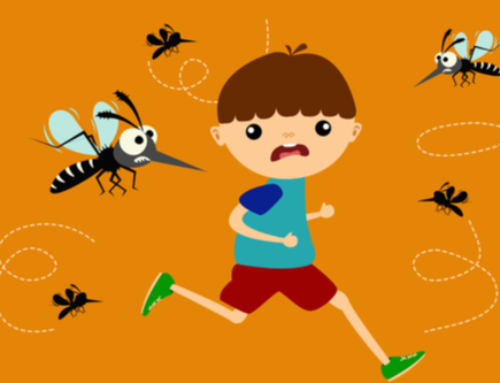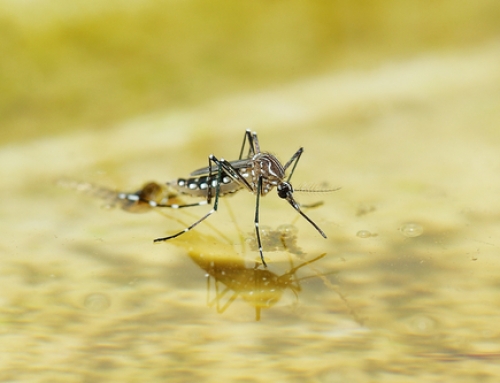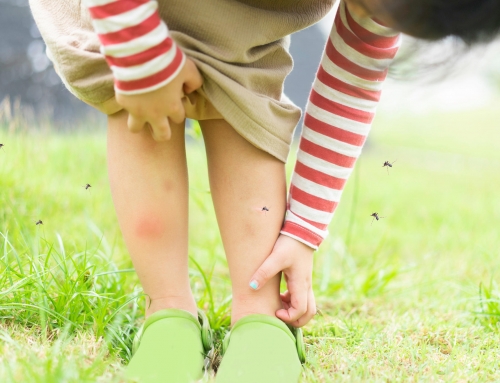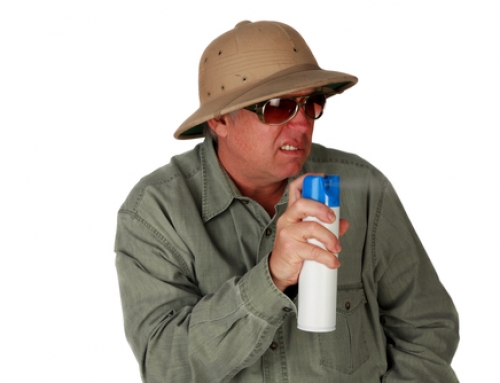Why Mosquitoes Are Such a Pain and What You Can Do About Them?
If you’re like most people, mosquitoes are one of the last things you want to deal with during the summertime. These pesky bugs can make outdoor activities downright miserable and can also be dangerous if they spread disease. So what can you do to keep them at bay? Read on for some helpful tips.
Symptoms Of A Mosquito Bite
The symptoms of mosquito bites include:
- After a few minutes, a swollen and crimson bump appears
- A hard, painful, reddish-brown bump or several bumps that form a day or two after the bite or bites
- Instead of harsh lumps, there are little blisters
- Dark marks that resemble bruising
More severe reactions can develop in the following situations:
- Children
- Adults bit by a mosquito species they have never encountered before
- People who have immune system problems
The following symptoms may be present in people who are having more severe reactions:
- Swelling and redness across a broad area
- Low-level fever
- Hives
- Lymph nodes swollen
How To Treat Mosquito Bites
The little itching welt is caused by something in the insect’s saliva. Most folks will feel better within a few hours. Symptoms can last many days if you’re extremely sensitive. That small area might quickly grow into a quarter-sized itching sore.
Avoid Scratching
It’s harsh advice but ignore the bite. Scratching causes openings in your skin, allowing bacteria to enter and cause infection.
To get rid of the itch and prevent infection, do the following:
- Water and soap should be used to clean the area
- Apply calamine lotion or an anti-itch cream to relieve itchiness
- Put a cold pack to where you were bitten
- Take an antihistamine over the counter
You should visit the hospital or call 911 to go to the nearest emergency room if a bite causes you to have headaches, vomiting, or difficulty breathing.
How To Prevent Mosquito Bites
You may protect yourself from mosquito bites in numerous ways. Reduce mosquito exposure by:
- Avoid outdoor activities from sunset to dawn when they are most active
- Repairing any tears in your window, door, and camping gear screens
- Using mosquito netting over strollers and cribs when sleeping outside
- Invest in insect repellant
In the United States, the most efficient insect repellents contain one of three active ingredients:
- DEET
- Icaridin is a kind of icaridin (also called picaridin)
- Lemon eucalyptus oil (a plant-based compound)
These repellents momentarily repel mosquitoes and ticks. DEET may provide more long-term protection. Before you use any product, make sure to read the label. Apply a spray repellent outside and away from food if you use one.
Additionally, apply sunscreen first, roughly 20 minutes before applying the repellant. Avoid sunscreen-repellent combos since sunscreen will need to be reapplied more frequently than repellent. Also, only apply as much repellent as you require.
With a few exceptions, these products are generally safe for children and adults when used according to packaging directions:
- DEET-containing products should not be used on newborns under the age of two months
- Allow no DEET or icaridin-containing products to come into contact with young children’s hands or faces
- Children that are under the age of three should not be exposed to lemon eucalyptus oil
- Don’t use repellent under your clothes
- Avoid using insect repellent on sunburns, cuts, sores, or rashes
Take Precautionary Measures
Consider taking a nondrowsy, over-the-counter antihistamine when you know you’ll be exposed to mosquitos if you have a history of large or severe reactions to mosquito bites (skeeter syndrome).
Mosquito Control Around Your Home
Remove any stagnant water where mosquitoes can breed. To avoid mosquito pools in your home and yard, follow these steps:
- Drain the roof gutters
- At least once a week, preferably more frequently, empty children’s wading pools
- At least once a week, change the water in birdbaths
- Remove any old tires from your yard.
- Regularly empty outside flower pots or store them upside down to prevent water from collecting
- If water collects in your fire pit, drain it
Why Mosquitoes Bite
Mosquitoes bite and drink blood to reproduce. Female mosquitoes are known to eat both flower nectar and blood, whereas male mosquitoes only eat flower nectar. Generally, females require blood protein to create eggs.
Female mosquitoes feed on your blood, which causes mosquito bites. They have a mouthpart designed to penetrate the skin and extract blood. Meanwhile, males lack this ability since they do not make eggs and hence have no need for blood protein.
A mosquito injects saliva into your skin as it fills up on blood. Proteins in their saliva cause a modest immune system reaction, which results in itching and bumps.
Mosquitoes choose their prey based on their fragrance, breathed carbon dioxide, and sweat molecules.
How Mosquitoes Spread Disease
Mosquito bites are a vector for disease transmission. They are usually called mosquito vectors (living things that carry diseases between animals and humans). Infections are frequently transmitted through the blood of vectors. Bloodsuckers make up a large part of the vector population. Ticks, fleas, and sand flies are other vectors.
A mosquito bites and secretes saliva in addition to sucking blood. This saliva gets into your bloodstream. Between the mosquito and your bloodstream, fluids are exchanged.
Conclusion
Mosquitoes can be a huge pain, but there are ways to fight back. If you’re having trouble with these pesky insects, Knockout Mosquito can help you deal with them permanently. The fewer mosquitoes there will be in the world!






